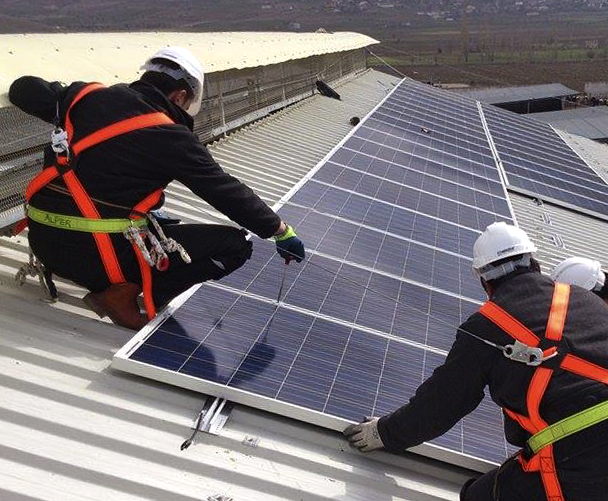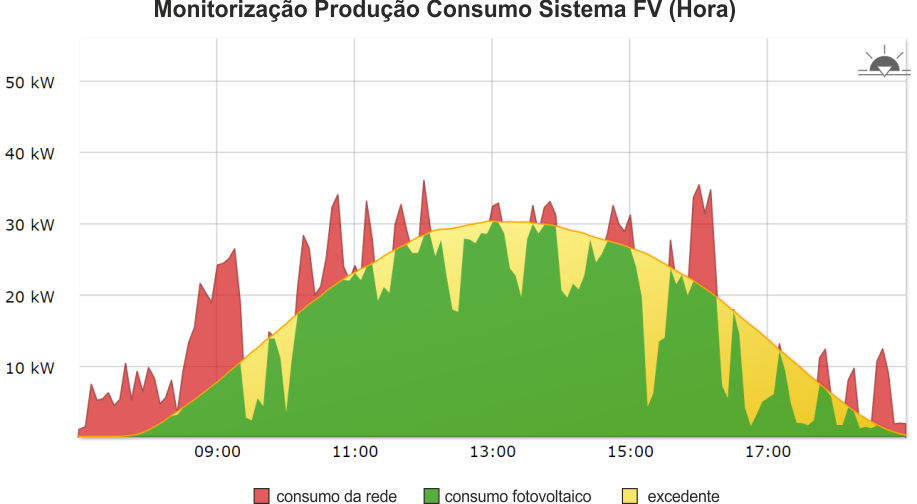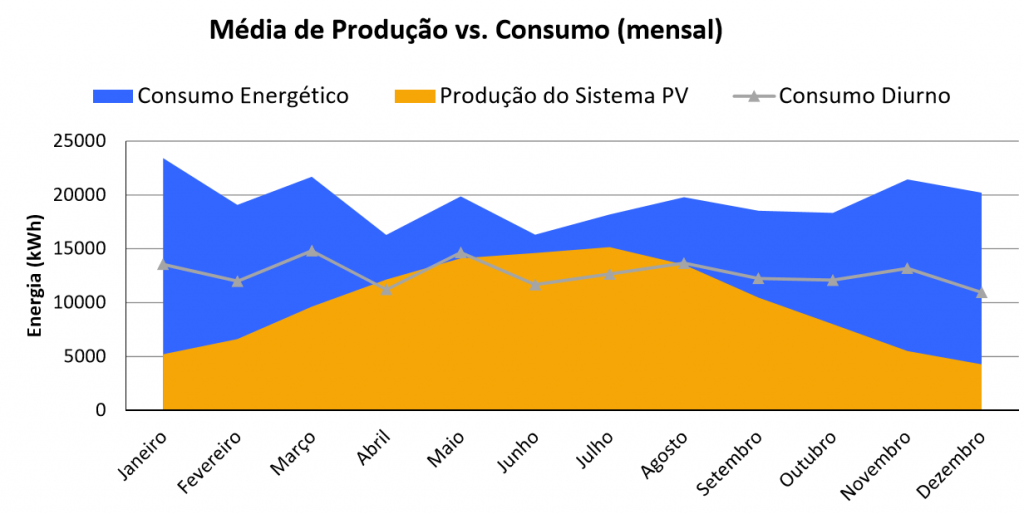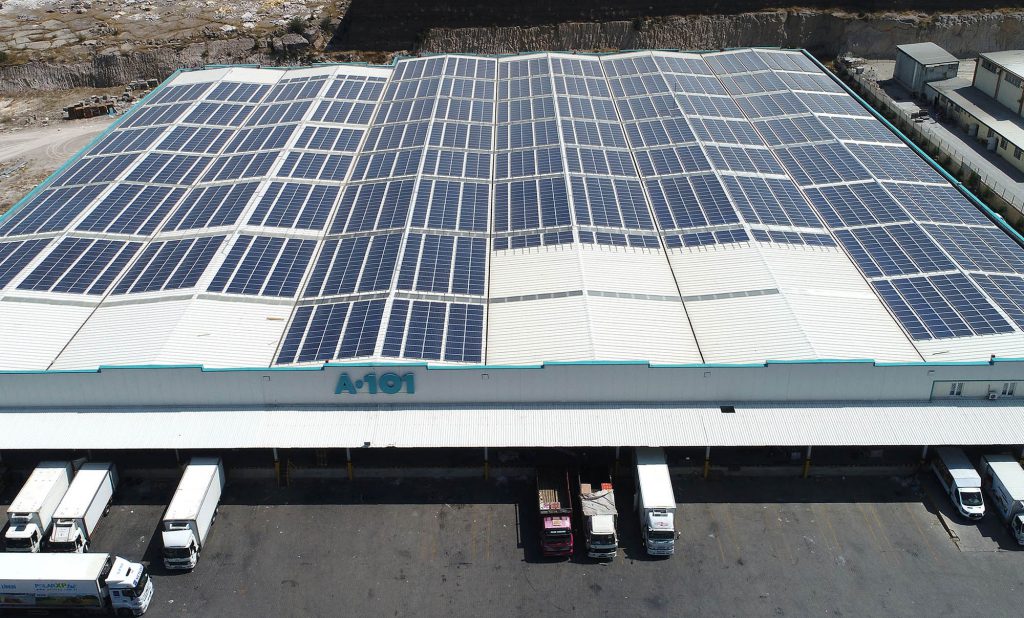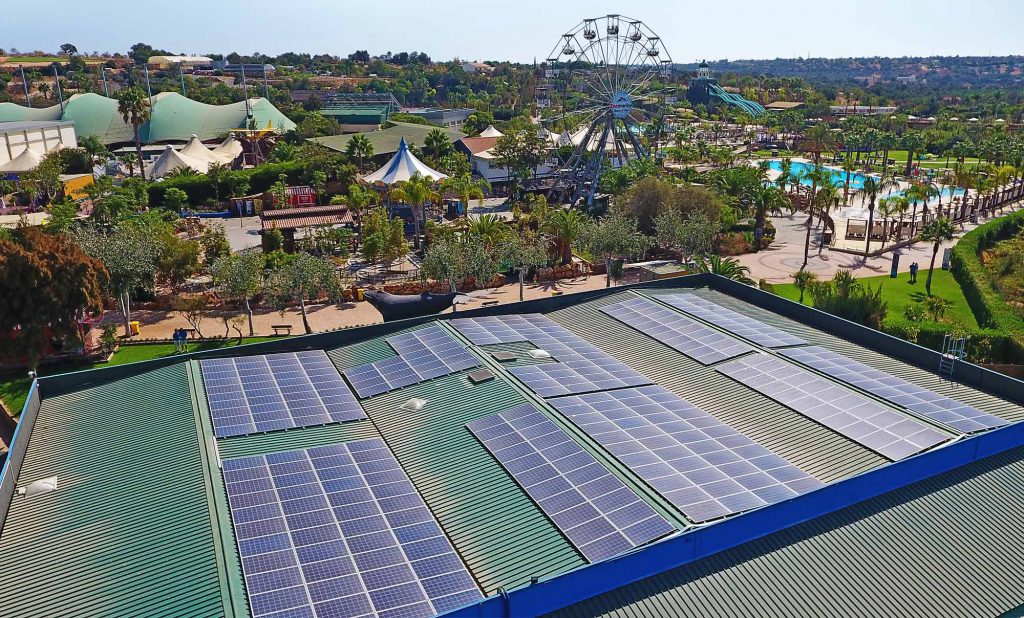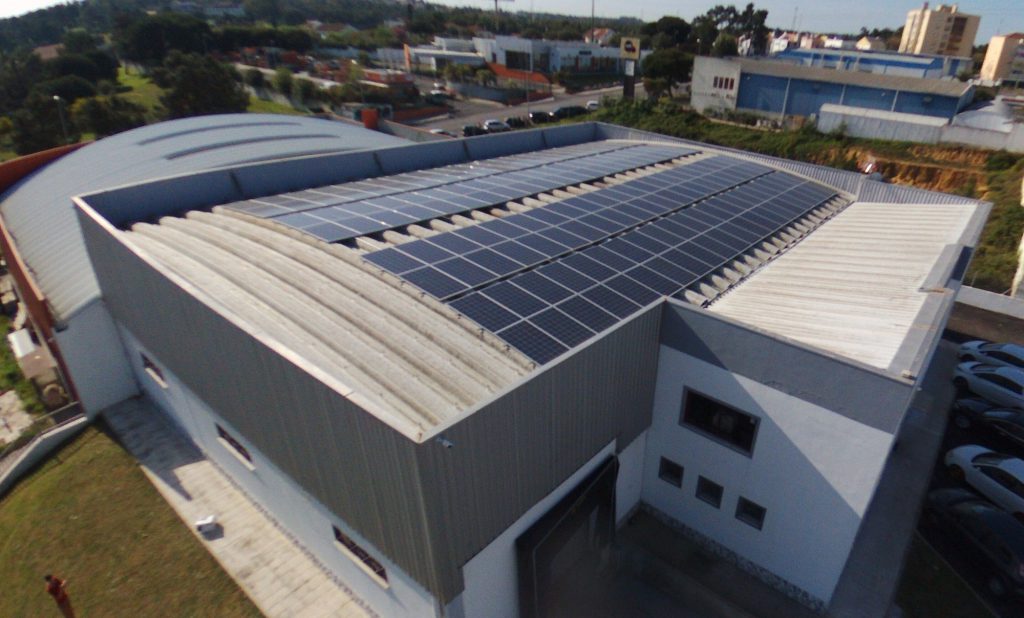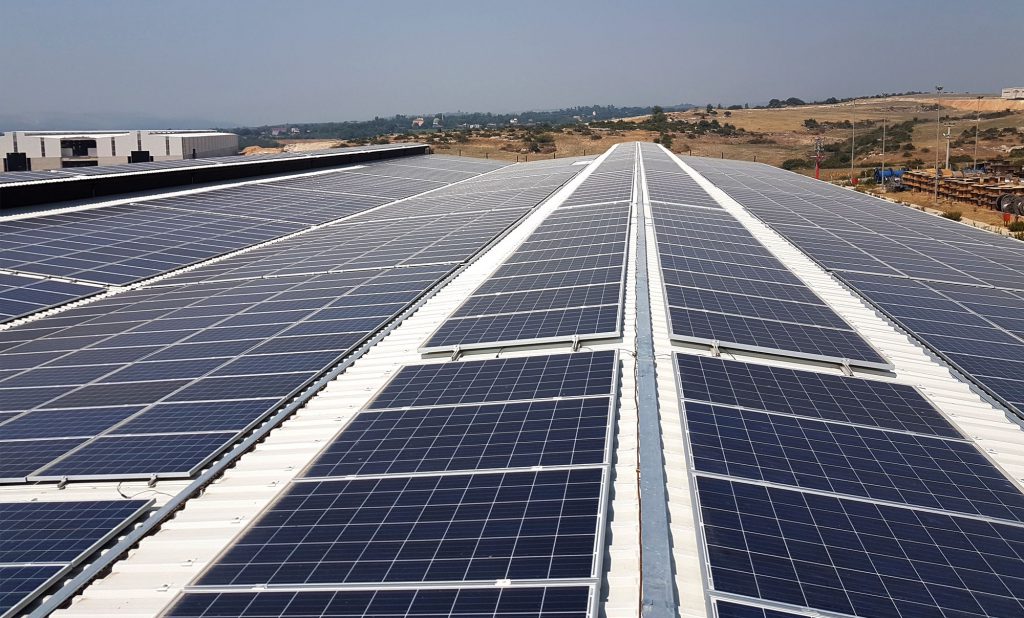Services
BATTERY SYSTEMS FOR INDUSTRIAL SELF-CONSUMPTION
DC-PV designs turnkey storage systems for photovoltaic plants and industrial customers. The sizing, choice of manufacturers and design of battery capacity is done taking into account the conditions and needs at the implementation site, and can be applied to new projects or existing photovoltaic installations.
Our team is prepared to design and implement battery projects for Photovoltaic Plants connected to the electricity grid, as well as systems for energy storage and backup of industrial facilities.
The battery systems for Photovoltaic Plants that inject into the grid allow the optimization of the system’s performances, storing energy in periods with lower kWh values for injection in periods of higher demand and consequently with higher kWh values. The choice of battery capacity to be implemented must take into account the energy production profile in the Photovoltaic Plant and the present and future kW h values of the electricity market where the system is installed. A correct sizing of the batteries and choice of components to be installed requires rigorous planning and calculations to ensure the economic return on investment and the reliability of the system’s operation in the long term.
Good energy management of the plant requires the integration of the batteries with the existing SCADA system, for good programming and profitability of the system.
The DC-PV team is experienced in the sizing and implementation of these systems and offers different solutions adjusted to the specific needs of the project.
Battery systems for industrial self-consumption must be dimensioned through the analysis of the consumption profile of the industrial facility, identifying the equipment with the highest consumption, peak times and average daily consumption in kWh. The consumption profile then needs to be cross-referenced with kWh energy prices during the periods when they occur to prioritise the use of stored energy during times when energy is most expensive, thus generating greater savings and a faster return on investment.
It is essential to have a monitoring system to monitor production, consumption and battery status in real time, allowing energy management, adjustments and preventive maintenance.
